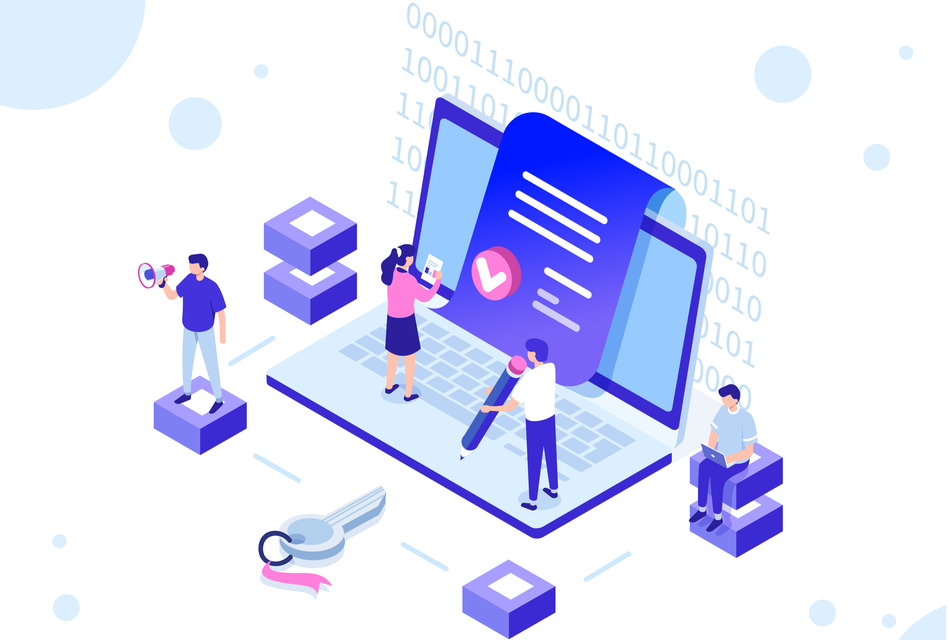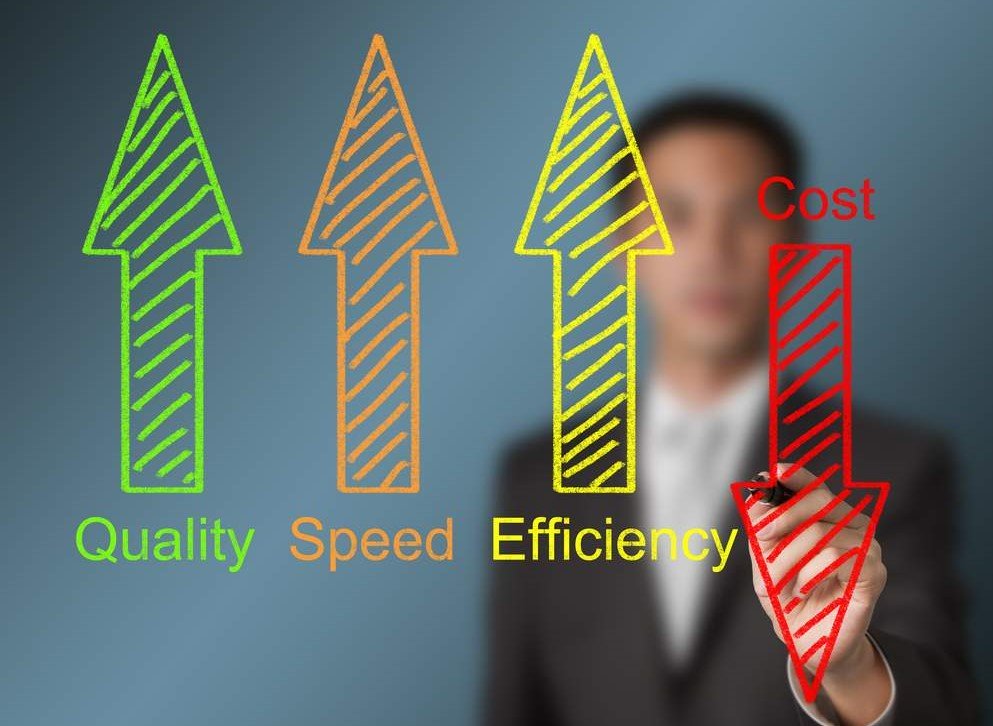 Let us assume that at this point we can all agree that the supply chain for legal services has gotten a lot more nuanced and sophisticated than it was in the good old days (which were not that good, nor are they that old). In addition to in-house and law firm resourcing, there is technology, law companies, near- and off-shoring, flexible staffing solutions, and managed legal services. Managed legal services are an increasing area of focus for consumers and are starting to make significant inroads into Asia and APAC. So what are they? How do they fit into the overall value chain? And what do they have to do with technology?
Let us assume that at this point we can all agree that the supply chain for legal services has gotten a lot more nuanced and sophisticated than it was in the good old days (which were not that good, nor are they that old). In addition to in-house and law firm resourcing, there is technology, law companies, near- and off-shoring, flexible staffing solutions, and managed legal services. Managed legal services are an increasing area of focus for consumers and are starting to make significant inroads into Asia and APAC. So what are they? How do they fit into the overall value chain? And what do they have to do with technology?
Managed legal services (MLS) are project-based mandates that are passed along by in-house departments to law companies (also known as alternative legal services providers or ALSPs). Because these are project-based mandates, the hallmark of a MLS is that they are defined in terms of their deliverables. In some instances, a company may wish to outsource all of its advertising and marketing compliance reviews. In other instances, a company may wish to outsource all contract review and approval processes for procurement, sales, or both. In still other instances, a company may wish to enter a new jurisdiction and needs to get all of its business licenses in place and its corporate compliance needs set out before it opens for business. The list goes on, but the point is that whether it is for a business as usual need, or a more ad hoc business initiative, MLS is meant to support business objectives that are not best delivered by traditional “employed” in-house lawyers. It may be that in-house lawyers are not the best suited resource because the risk associated with the matter is low while the opportunities are high. For example, consider routine sales contracting where an in-house lawyer’s expertise is largely squandered reviewing commercial terms or non-controversial confidentiality and conflict resolution terms. It may be that an in-house lawyer is not best suited to do the work required to enter into new jurisdictions because they are simply not experts in that specific jurisdiction. Consider a Hong Kong lawyer who is helping to guide her business in opening up in Yangon. Or the Singaporean lawyer who is helping to expand a portfolio of business licenses into Bangkok. The high-level goals are fairly clear (help the business make money and grow in a risk-rationalized way). However, in these situations the in-house lawyer is best utilized as the person overseeing and managing the project (leveraging their deep understanding of the business combined with their broader understanding of the client’s regulatory & compliance program), rather than acting as the resource responsible for executing the project.
This may sounds a bit like traditional outsourcing, however, MLS is distinct. Some of the key differences are outlined below:
| Typical Traditional Outsourcing | Managed Legal Services |
| Inconsistent quality and lack of visibility as service providers typically do not commit to KPIs/metrics | Ensures consistency in quality and effectiveness and visibility in terms of KPIs/metrics |
| Solution is typically ‘imposed’ on client | Solution co-designed by client and service provider |
| Low or non-existent adoption of LegalTech and lean management systems and processes | High adoption of LegalTech and lean management systems and processes |
| Poor or lack of robust project governance and oversight | Robust project governance and oversight |
| Lack of predictability – pricing is typically not fixed | Predictability – in terms of fee structures and pricing |
| No end-to-end project management | End-to-end project management |
So why is the market now seeing an emergence of managed legal services as a separate category? There are two pieces to MLS that explain what sets it apart. First, this is a managed service. That means that an MLS project has a project manager who has scoped the problem out, set out a process delivery plan including KPIs and metrics, and is accountable for ensuring the work product is delivered on time and on budget. Furthermore, they also are responsible for communicating effectively when the project is not progressing as predicted. Second, technology is part of the DNA of a managed offering. The client in an MLS is not interested in purchasing technology, nor are they interested in investing the time and other resources in getting a technology to work effectively for them and then maintaining the effectiveness of that system over time. However, the efficiency and consistency that technology can deliver is a valuable aspect of the deliverables they want to purchase. On top of that, the data that technology can provide in terms of KPIs and metrics also provides value to the company as they continue to look at how they grow both their top-line revenue and bottom-line profitability. For this reason, MLS project always leverage technology – for project management, for automation, for knowledge sharing, for collaboration, and more – as an integral part of their structure.
Which leads to the final way that MLS are different than the traditional delivery of legal services. MLS projects are rarely priced on an hourly basis. Pricing is generally fixed – fixed per deliverable, per time period, or another criterion – but this is done so that the client enjoy cost certainty and the provider enjoys improved profitability for being more efficient. Imagine, as a client, being able to tell your business stakeholder what it will cost to over all of your advertising & marketing review for the next 12 months (!). Or to be able to say with confidence what it will cost to open up a business line in a new jurisdiction (with a few assumptions built into the estimate).
Managed legal services when delivered correctly are not simply traditional legal services that have been rebranded with a pleasant sounding three-letter acronym. This is a new business model, built around project management, value driven processes, and technology supported delivery. Through the adoption of technology, disciplined and streamlined processes, and by using standardised practices, templates, market playbooks and toolkits, managed legal services can help clients to handle to large volume, lower risk projects and activities without compromising on quality and accuracy. As a service model, MLS is more considered and effective – and gives clients more bang for their buck – because it’s driven centrally from the clients’ own business objectives and needs. A managed legal services provider invests time and effort into understanding those objectives and needs and assembles a cross-functional team that works collaboratively (sometimes, cross-regionally) to co-design and deliver tech-enabled solutions. These solutions integrate technical expertise in specified areas of the law, regulatory affairs and government relations, project management, and change and stakeholder management. Together, they help businesses to solve some of their most challenging and pressing problems. And, in turn, giving them valuable access to new customer segments and markets.
Bill is a senior litigator turned legal operations specialist with over 8 years’ experience in legal innovation roles. Bill has worked for both in-house departments and law firms across Hong Kong, China (Shanghai), India, Canada, and the USA designing and implementing various process and technology based initiatives. His clients span a wide variety of industries including TMT, heavy equipment manufacturing, consumer goods and financial services. Bill has a keen interest in the transformation of the legal profession and elevating the role that lawyers’ play in the strategy and operations of their corporate clients.



































 Titus Rahiri
Titus Rahiri







